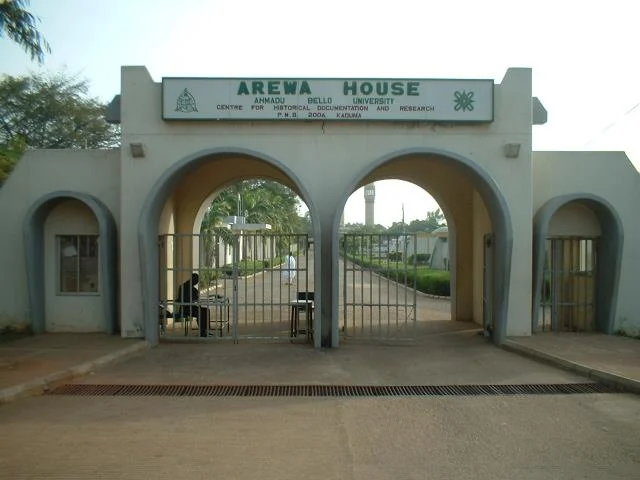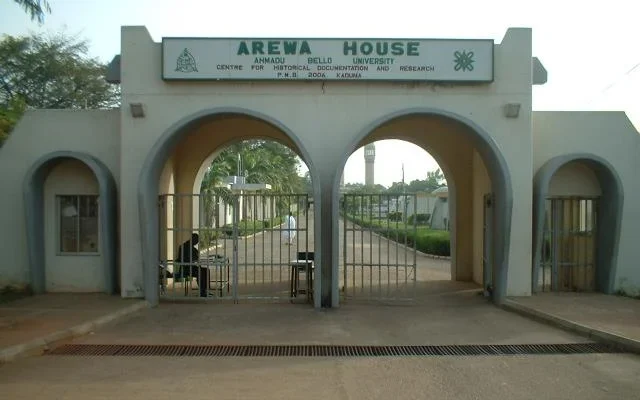
Experts from northern Nigeria have expressed strong support for the tax reform bills proposed by President Bola Tinubu, emphasizing that the reforms will stimulate economic growth and development in the North. The tax reform package includes the Nigeria Tax Bill 2024, the Tax Administration Bill, the Nigeria Revenue Service Establishment Bill, which seeks to replace the Federal Inland Revenue Service (FIRS) with the Nigeria Revenue Service (NRS), and the Joint Revenue Board Establishment Bill.
Despite opposition from some northern leaders, including traditional rulers and the Northern Governors Forum (NGF), who argue that the reforms could harm the region’s economy, experts at a town hall meeting in Abuja on Monday refuted these claims. They stressed that the proposed reforms are designed to boost the region’s economic prospects.
The event, chaired by Prof. Malfouz Adedimeji, Vice Chancellor of the African School of Economics (Pan-African University of Excellence), was organized by the Coalition of Northern Civil Society Groups in partnership with Concerned Northern Professionals.
Dr. Mustapha Abubakar, a chartered accountant, highlighted the key benefits of the tax reform bills, which aim to broaden Nigeria’s tax base, improve compliance, and establish sustainable revenue streams. Abubakar emphasized that the reforms would help increase government revenue, reduce poverty, and foster economic growth in the North.
“One of the major benefits of these bills is the potential to enhance revenue generation for state and local governments in the North,” Abubakar stated. “The reduction of VAT distribution to the federal government from 15% to 10%, with an increase in the share for state governments from 50% to 55%, will provide more resources for development projects in the region, including infrastructure, education, and healthcare.”
He further pointed out that the reduction of the corporate income tax rate from 30% to 25% in two stages would make it easier for businesses to thrive in the North, potentially leading to increased investment and job creation.
Barrister Maxwell Batusan, a staff member of the Kano State Internal Revenue Service, also supported the tax reforms, noting that they would foster greater cooperation between the federal, state, and local governments. He highlighted the Joint Revenue Board Establishment Bill as a critical component that would streamline tax administration, promoting fairness and equity in revenue distribution.
Additionally, the exemption of small businesses with annual turnovers of N50 million or less from income tax would encourage entrepreneurship and innovation across the region, Batusan added.
Taiwo Oyedele, Chairman of the Presidential Committee on Fiscal Policy and Tax Reforms, also shared several key benefits of the reform package. According to Oyedele, low-income earners earning up to N83,000 monthly will be exempt from Pay As You Earn (PAYE) tax. He also noted a reduction in PAYE tax for individuals earning less than N1.7 million annually, alongside the introduction of zero VAT on essential goods and services such as food, healthcare, education, and transportation.
The proposed tax reforms are expected to unlock significant economic potential in northern Nigeria, laying the foundation for sustainable regional development.

Comments